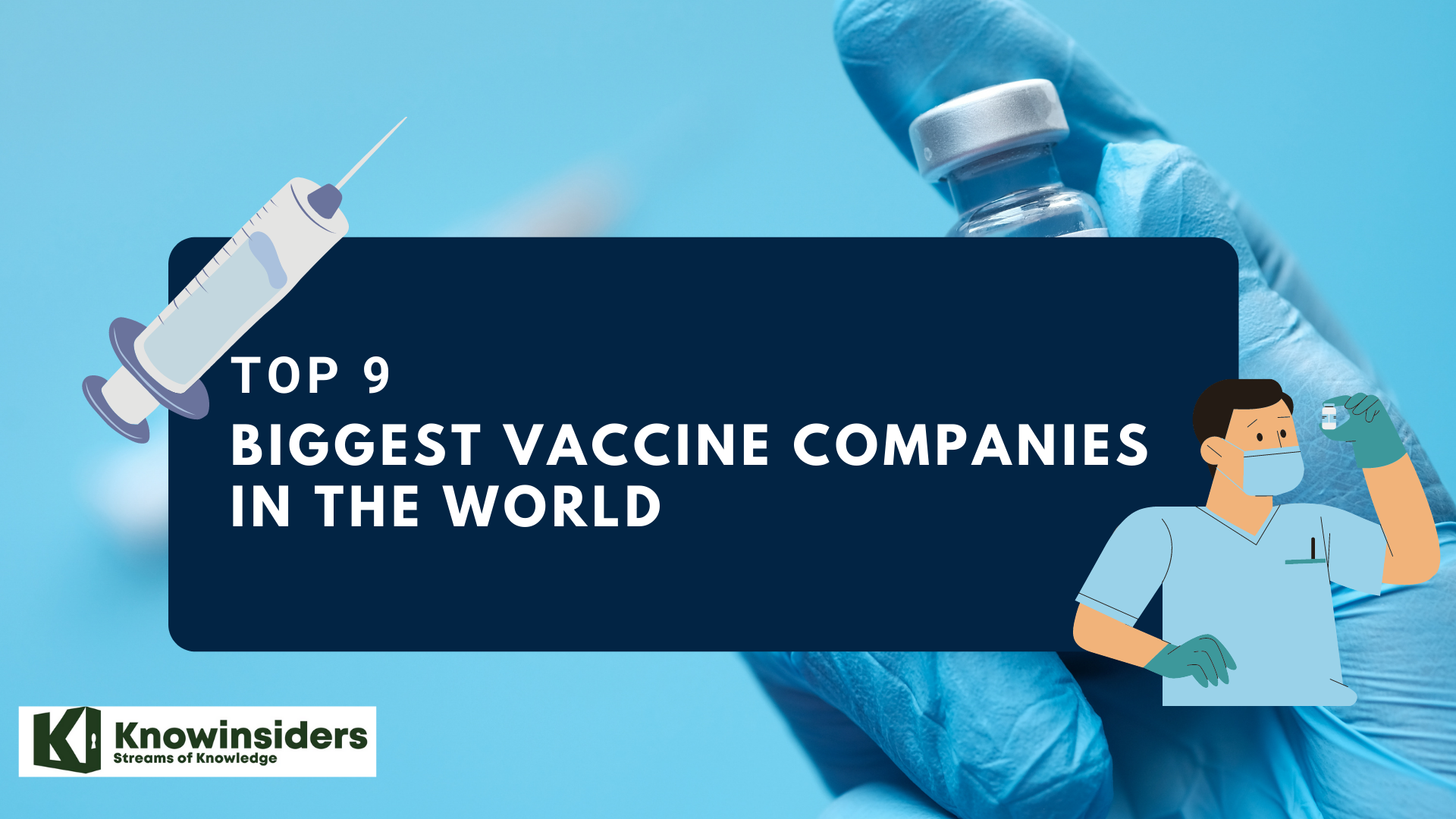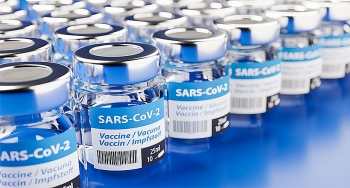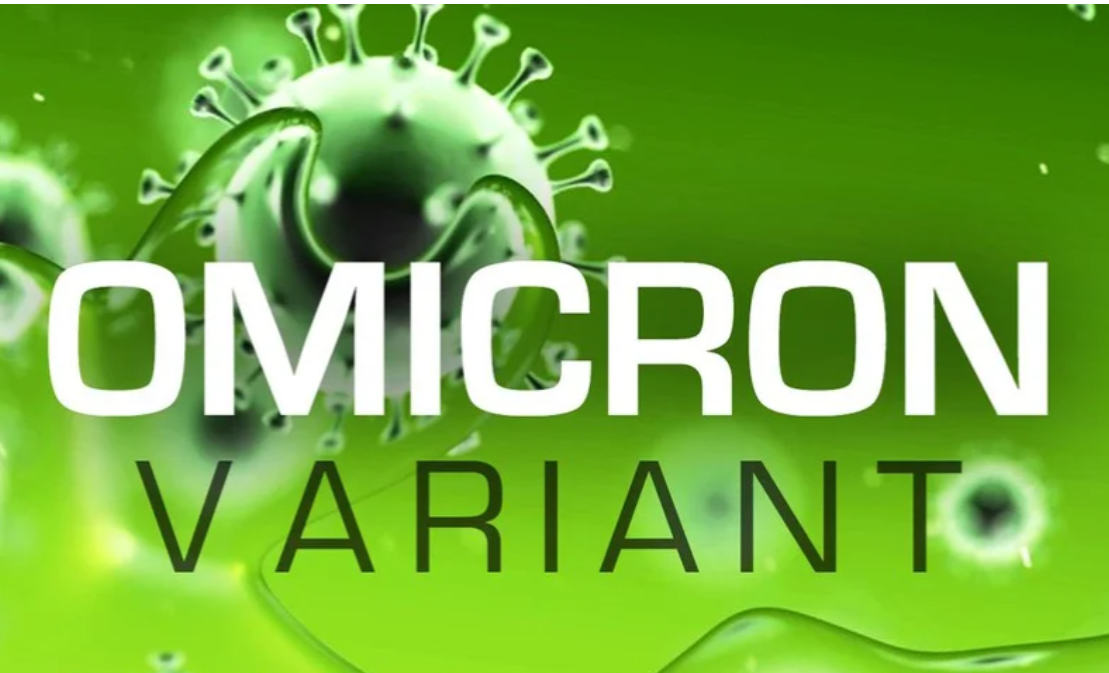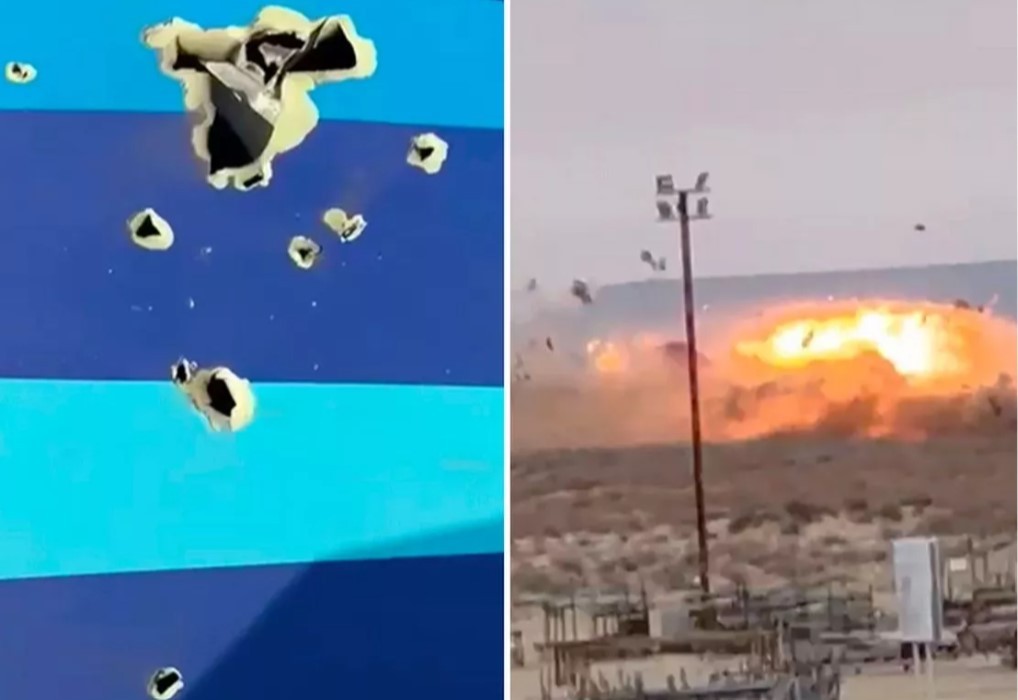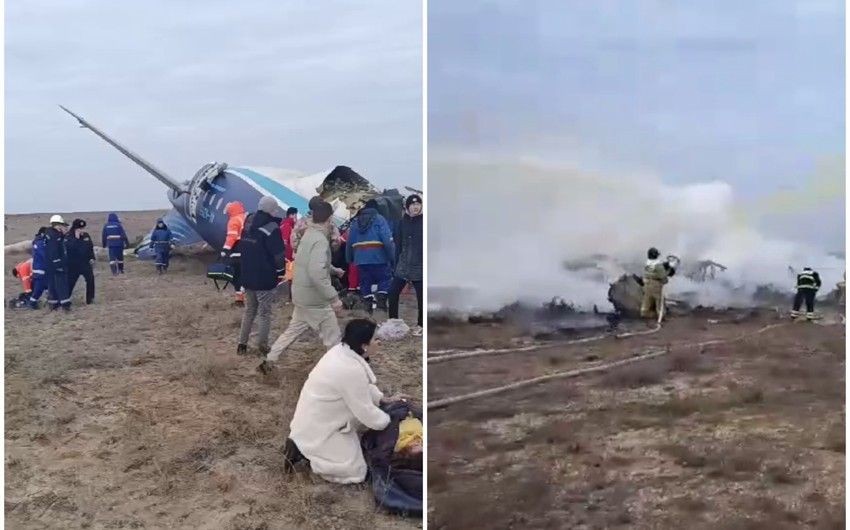What is Russian cancer vaccine: A game-changing development for 2025
The vaccine, designed for personalization, adapts to the individual genetic and molecular characteristics of each patient's cancer. Clinical trials are expected to begin by mid-2025, with global implications for oncology if proven successful.
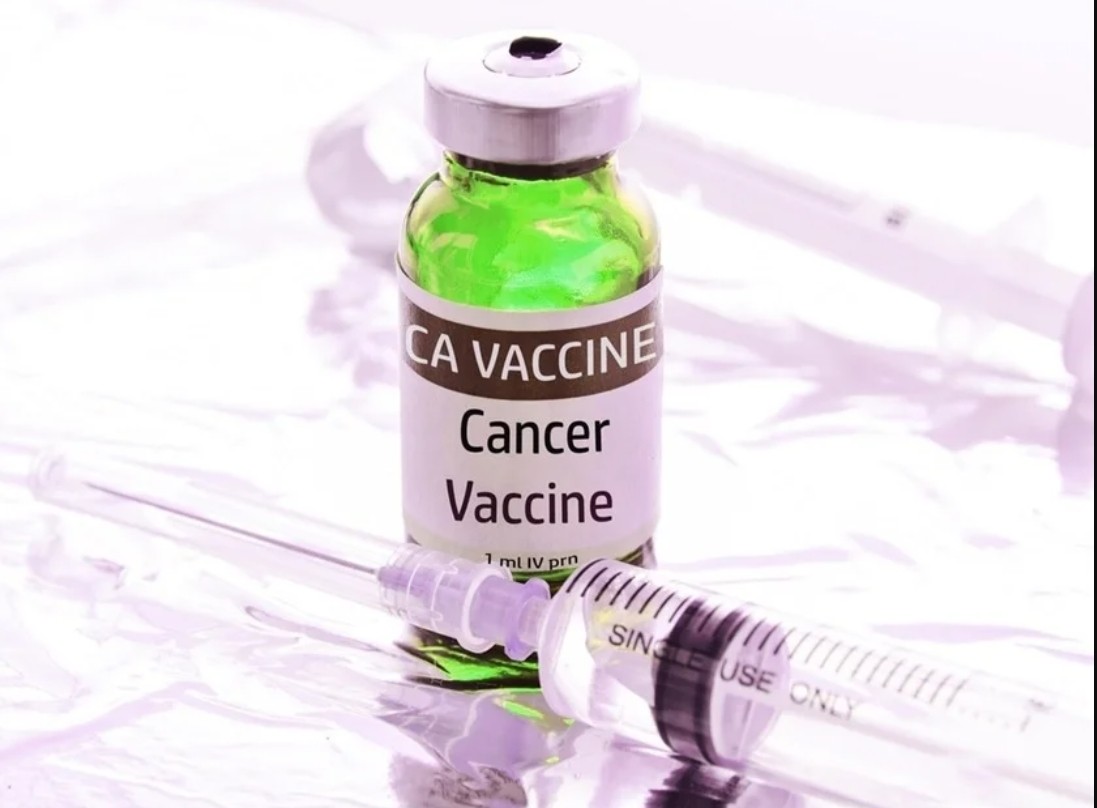 |
How the Vaccine Works
Cancer vaccines operate by utilizing the immune system to identify and attack cancer cells. Unlike conventional methods like chemotherapy and radiation, which often damage healthy cells, cancer vaccines specifically target tumor cells, reducing side effects and increasing efficacy.
The Russian approach builds on technologies like mRNA-based vaccines used in the COVID-19 pandemic. These platforms enable rapid design and production, making it possible to create tailored vaccines for individual patients. This is particularly important for cancers caused by unique genetic mutations or immune-evading strategies.
Why This Vaccine Matters
Cancer remains one of the leading causes of death globally, with 10 million fatalities recorded in 2020 alone (World Health Organization). Many forms of cancer, especially in their advanced stages, lack effective treatments. Russia's effort could fill this gap, offering hope for patients with limited or no therapeutic options.
Globally, the cancer immunotherapy market is projected to reach $200 billion by 2028, driven by innovations like personalized vaccines. Russia's contribution, if successful, could capture a significant share of this burgeoning industry.
Key Advantages and Features
-
Personalized Medicine:
The vaccine platform is based on tailoring treatments to individual patients. Every patient’s tumor has unique mutations, and the vaccine's goal is to train the immune system to recognize these specific mutations.
-
Focus on High-Mortality Cancers:
Initial trials will target cancers with the highest mortality rates and lowest survival rates. For example:
- Pancreatic cancer has a 5-year survival rate of only 11%, according to the American Cancer Society.
- Non-small cell lung cancer accounts for 85% of lung cancer cases, with most diagnosed at advanced stages.
-
Comparison with Global Projects:
Similar personalized cancer vaccines are under development by companies like Moderna and BioNTech in the U.S. and Germany. Moderna’s cancer vaccine, for instance, has shown 44% success in reducing recurrence rates in melanoma during early trials. The Russian vaccine will need to demonstrate comparable or superior results to compete internationally.
-
Immune Memory Creation:
By activating specific immune cells, the vaccine could provide long-term immunity, helping prevent cancer recurrence—a major challenge in oncology.
-
Affordability and Accessibility:
One challenge is cost. Personalized therapies often exceed $100,000 per patient, making affordability a concern. Russian researchers claim they are working on scaling up production to make the vaccine more accessible globally, especially in low-income regions where cancer treatment is often limited.
Challenges in Development
-
Scientific and Regulatory Hurdles:
-
Clinical Trials:
Clinical trials typically require several phases, lasting 5–10 years to ensure safety and efficacy. Accelerating this process, while maintaining safety, will be crucial for the Russian vaccine to meet the 2025 goal.
-
Regulatory Approval:
Approval from agencies like the FDA or EMA is critical for global distribution. This requires robust data from multi-center trials involving diverse populations.
-
-
Personalization Bottleneck:
Creating a tailored vaccine for each patient is labor-intensive and expensive. Innovations in AI and biotechnology may help streamline this process, but significant investment is required.
-
Global Competition:
The U.S., Germany, and China are heavily investing in cancer vaccine research. Moderna and BioNTech are already conducting late-stage trials, while China's BeiGene is developing next-generation checkpoint inhibitors to complement vaccines. Russia will need to prove its technological and clinical edge to gain a foothold in the global market.
Hypotheses on Future Impact
-
Reduced Cancer Mortality:
If successful, the vaccine could significantly reduce mortality rates for advanced cancers, particularly in underserved regions.
- Current global cancer survival rates vary widely, from 68% in high-income countries to less than 30% in low-income nations. A scalable vaccine could narrow this gap.
-
Economic Transformation:
The vaccine could place Russia at the forefront of biopharmaceutical innovation, attracting international partnerships and funding.
- For example, the Sputnik V COVID-19 vaccine brought in billions in revenue and established Russia’s credibility in vaccine development.
-
Shift in Cancer Treatment Paradigms:
Personalized cancer vaccines may eventually replace conventional treatments like chemotherapy for certain cancers.
Numbers to Watch
- Global Cancer Burden: 19.3 million new cases annually, expected to rise to 28.4 million by 2040 (WHO).
- Projected Vaccine Efficacy: If the vaccine achieves even 20–30% survival improvements, it could save millions of lives annually.
- Market Share: The cancer vaccine market was valued at $7 billion in 2022 and is expected to grow at a compound annual rate of 12%, making it a key area for investment.
Comparison with Other Vaccines
| Feature | Russian Vaccine | Moderna/BioNTech | Traditional Chemotherapy |
|---|---|---|---|
| Personalization | Fully personalized | Semi-personalized (targeting common mutations) | Not personalized |
| Side Effects | Minimal | Minimal | High (e.g., fatigue, hair loss) |
| Mechanism | Immune training against mutations | Similar (using mRNA platforms) | Generalized cell destruction |
| Target Cancers | Hard-to-treat (e.g., pancreatic) | Hard-to-treat + early-stage trials | All stages |
FAQs
1. What types of cancer will the vaccine address?
The vaccine will initially target melanoma, pancreatic cancer, non-small cell lung cancer, and specific kidney cancers. Future iterations may include other cancer types.
2. How does this vaccine differ from Moderna or BioNTech’s cancer vaccines?
The Russian vaccine claims full personalization for individual patients, whereas other vaccines focus on common genetic mutations.
3. When will the vaccine be available?
Clinical trials are expected to begin in mid-2025, with broader availability likely within 5–10 years.
4. What challenges does the vaccine face?
High costs, scalability, and regulatory approvals are key challenges. Additionally, competition from established pharmaceutical companies may delay global adoption.
5. Can this vaccine cure cancer?
No single treatment can cure all cancers. However, the vaccine aims to significantly improve survival rates and reduce tumor recurrence.
6. How much will it cost?
Pricing has not been announced, but personalized cancer vaccines typically cost over $100,000 per patient. Efforts are underway to make it more affordable.
7. Is this technology safe?
Preclinical studies have shown promising results, but safety will need to be confirmed through extensive clinical trials.
8. Will this vaccine be available globally?
Russia plans to collaborate with international partners to ensure worldwide access, especially in low-income countries.
9. How long does it take to develop a personalized vaccine?
The manufacturing process can take weeks to months, depending on the complexity of the tumor profile.
10. What’s the long-term impact of this innovation?
If successful, personalized cancer vaccines could revolutionize oncology, making treatments more effective, less invasive, and widely accessible.
| The Russian cancer vaccine has the potential to redefine cancer treatment by focusing on hard-to-treat cases through personalized immunotherapy. While challenges remain, including scalability and competition, the vaccine’s promise to target high-mortality cancers offers hope to millions worldwide. The next few years will be critical in determining its success and global impact. |


